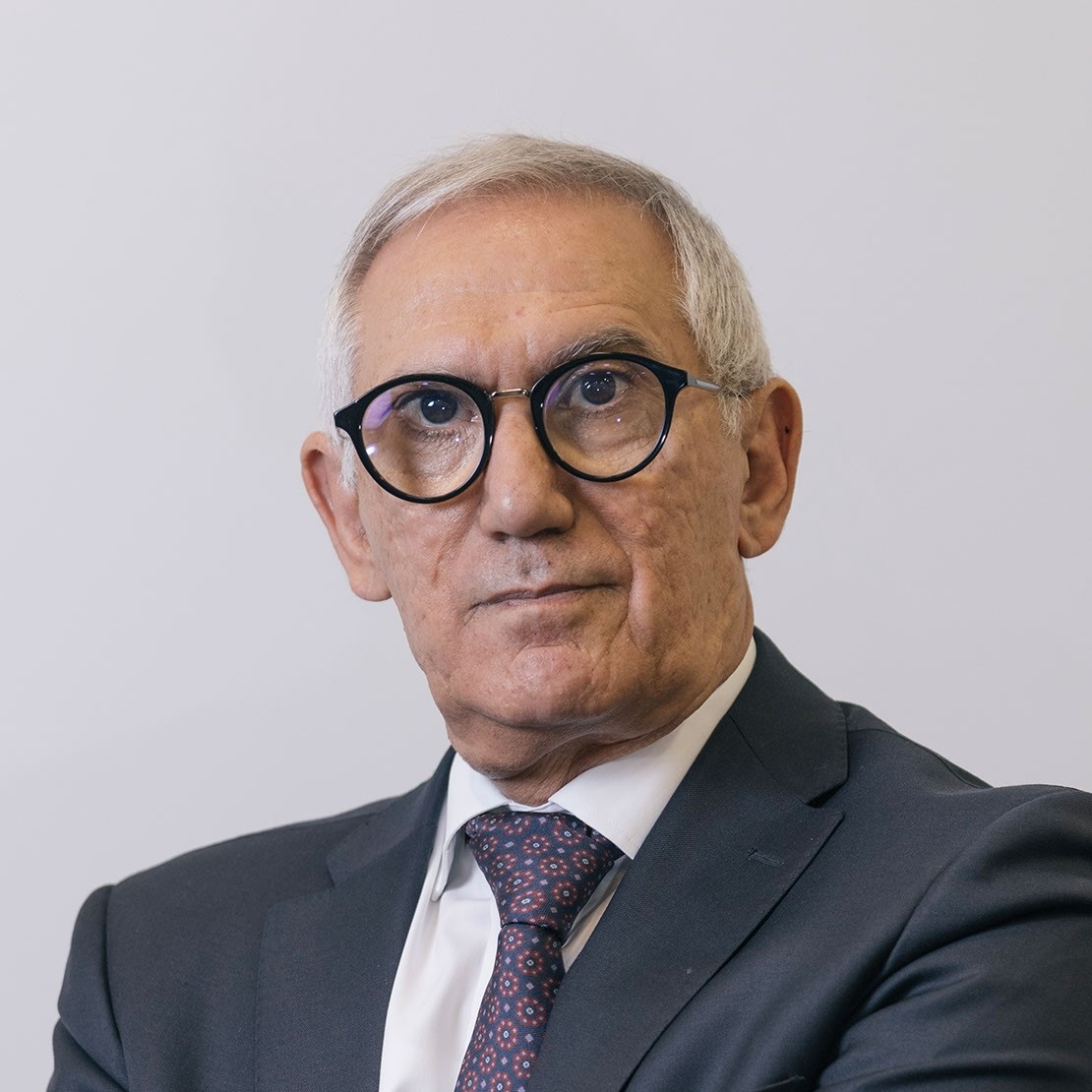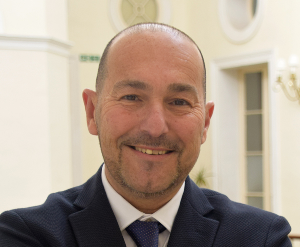According to the National Statistics Office (NSO), over two-thirds of individuals who were enrolled in formal educational activity during the 12 months preceding its survey, reported personal benefits as an outcome of their studies.
Figures were published as part of NSO’s Adult Education Survey (AES) which collects data on participation of adults in various forms of education and training: Formal, non-formal and informal.
Formal education refers to institutionalised and intentional education which is provided through a public or recognised public organisation, while non-formal education and training is structured education provided by an organisation intended to improve skills, knowledge, and competencies as a complement to formal education.
On the other hand, informal education involves activities intentionally pursued for educational purposes but lacks the structure and organisation found in other types of education. This includes learning through tutoring/instruction from a family member, friend or colleague, or visiting learning centres or libraries.
Participants in the survey were asked about the outcomes of their studies and multiple answers were permitted. Following personal benefits (68.4 per cent), 57.8 per cent improved their performance at their current job while 50.7 per cent saw the introduction of new tasks as a result of their studies.
Additionally, 45.3 per cent of individuals attending formal education reported getting a job or a new job as an outcome of their most recent formal activity while 39.3 per cent noted a higher salary. Only 28.6 per cent reported a job promotion as an outcome of their recent formal activity.
When examining participation in formal education, the highest rate was observed in the 18-24 age cohort with 52.6 per cent participating in formal education during the 12 months preceding the survey.
Education offers a myriad of personal benefits. This includes enhanced skills, personal growth and confidence, networking opportunities, improved problem-solving abilities and provides a sense of fulfillment and personal achievement. Aside from career advancement and personal satisfaction research suggests that people with formal education are more likely to benefit from living healthier lives, engage in civic duties such as voting and and engage in children’s educational activities.
About the survey
This cycle of study was conducted in 2023, references the year 2022, and is implemented nationally in accordance with EU regulations.
It targets adults aged 18 to 69 residing in private households across Malta and Gozo. For this wave of the AES, the age group considered was extended since during previous waves, the target population referred to adults aged 25 to 64.
Data was collected between 7th January and 17th April 2023. The survey amassed a gross sample of 5,312 persons with an overall effective response rate of 81.4 per cent.
Sophie-Ann Busuttil appointed Director at Luxury Living Technologies following tragic loss of her father
For the last two years she has served as head of the group’s Luxury Living Sustainable Hospitality Company.
Aaron Azzopardi appointed General Manager at Aviaserve Ltd
Aaron tells MaltaCEOs.mt he's 'humbled and excited' as he takes on the new role.
Understanding bond defaults: Paul Bonello on investor risk, regulation and the role of financial advisors
The market commentator and Director addresses key questions raised by the potential bond default involving MMH.
‘The market conditions aligned’ – Multi Packaging MD on Tunisia expansion
The new facility will be converting corrugated sheets produced in Malta into premium packaging









